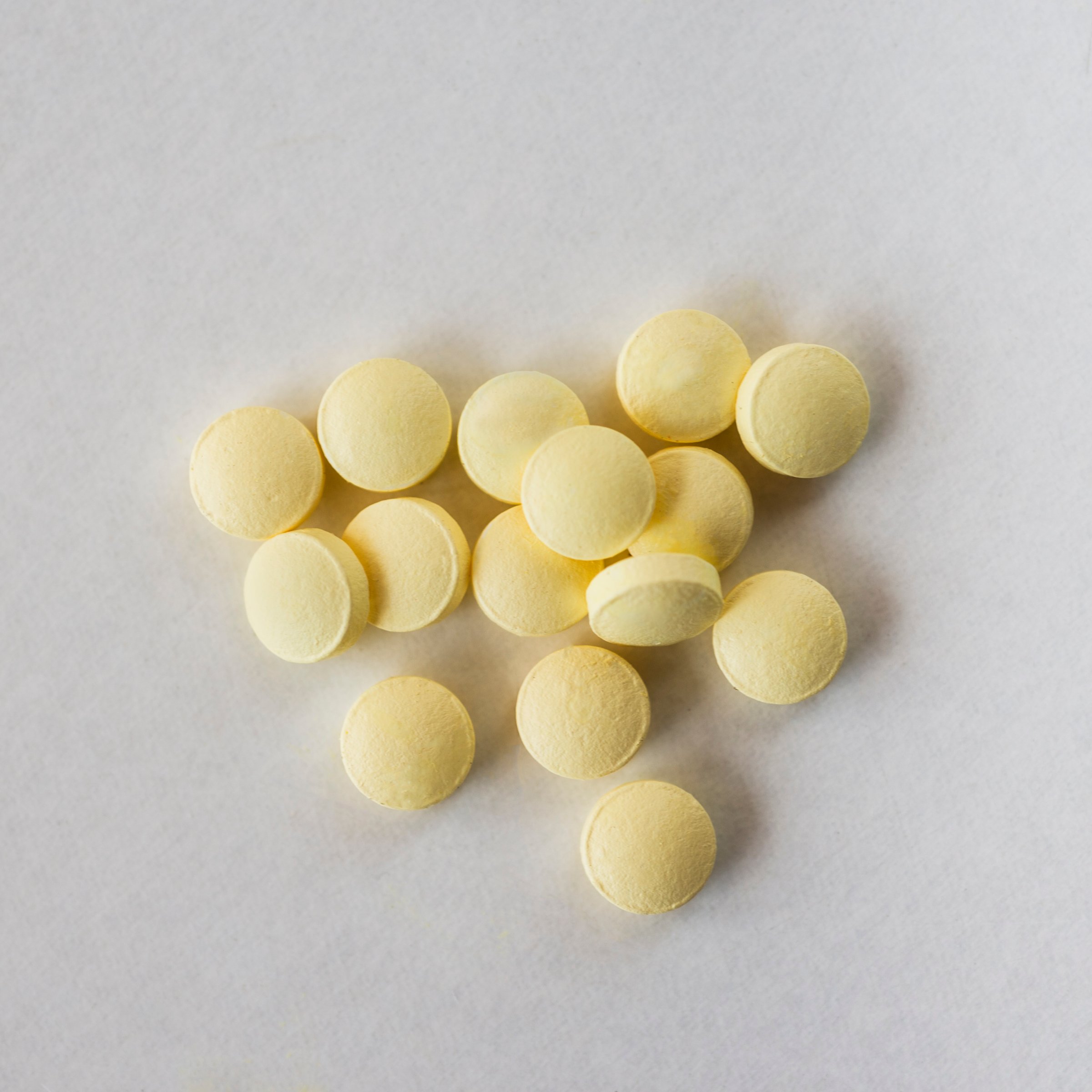
Study after study documents the wonders of aspirin for the heart—it can lower levels of inflammation, the trigger that sets off the unstable events of a heart attack, and it also helps blood remain free of viscous traps that can block vessels and slow the flow of blood to the heart. But these studies only support the benefits of aspirin in low daily doses for those who have already had heart events. For people who haven’t yet run into trouble but may be a higher risk of heart issues—including people who are overweight and those with high blood pressure or diabetes—the evidence isn’t so clear.
MORE: Who Should and Who Shouldn’t Take Daily Aspirin
That hasn’t stopped doctors from recommending aspirin to these patients. In a study published in the Journal of the American College of Cardiology, researchers looked at more than 68,000 people in 119 medical practices in the U.S who hadn’t had any previous heart events, but who were receiving aspirin therapy. 11.6% of them were given the drug inappropriately, the authors concluded; even though they did not meet the criteria that various groups of medical experts established as the threshold for starting the medication, they were still taking it.
Though aspirin is available over the counter, the drug comes with potential side effects that can pose serious health risks, including bleeding in the gastrointestinal tract and brain. “With aspirin being so widely used and being available over-the-counter, the concern I have is that a lot of the use may be leading to side effects that could be preventable by having a discussion between the provider and patient,” says Dr. Salim Virani, from the Michael E. DeBakey Veterans Affairs Medical Center and Baylor College of Medicine.
MORE: Daily Aspirin May Not Prevent Heart Attacks
Virani says that aspirin use among patients with no history of heart disease varies widely across the country. Among two similar patients randomly assigned to two different doctors, one would have a 63% higher chance of being given an aspirin to prevent a first heart event than the other patient.
Currently, the American Heart Association recommends that aspirin be used in such primary prevention cases only if the person has a greater than 10% chance of having a heart attack or stroke in the next 10 years. This calculation is based on the person’s age, sex, cholesterol levels, blood sugar levels, blood pressure and whether he or she smokes. Based on a review of the available literature, in 2009 the U.S. Preventive Services Task Force criteria advised starting aspirin for anyone with a great than 6% chance of having a heart attack or stroke in the next 10 years.
Despite these guidelines, most doctors are likely not making the calculations necessary to come up with this score, suspects Virani—regardless of whether they are primary care physicians or heart experts. “We know from prior data that we as providers are not good at calculating the risk of every patient because it takes time,” he says. “You have to get the equations and put all the patient’s numbers in, and in a very busy practice that could be a time drain. So most of the variation we see could be doctors just determining risk by looking at the patient rather than going to the actual data to tell them what the person’s 10 year risk [of heart disease] is.” In fact, 73% of the people in the study, which only looked at heart doctors’ practices, did not have enough information for their physicians to calculate their 10 year risk score. Of those without score data, 97% were missing critical cholesterol level readings.
The overuse of aspirin is concerning, Virani says, because it persists even after he and his colleagues adjusted for potential confounding factors, including the proliferation of statins, the cholesterol-lowering drugs that can also reduce inflammation. Because more people are on statins, including those who have not yet had a heart event, it’s possible that the drugs are lowering the 10-year risk of a heart attack or stroke by more than the other factors that doctors usually use to calculate risk and the need for aspirin. In other words, there may be more people who no longer need aspirin because they are taking statins.
Virani admits that his study still leaves a lot of questions unanswered, like dosage and whether a doctor recommended the drug or the person started taking it on their own.
Part of the reason for the inappropriate use could be an artifact of the aggressive prevention and awareness campaigns surrounding heart disease. Though they’ve been extremely effective at informing people about the many ways to avoid heart trouble, like changing your diet, exercising regularly and taking drugs like statins or aspirin, the message isn’t one-size-fits-all. That’s important for aspirin in particular, since the medication can come with harmful side effects that overshadow any potential benefit they might have. It’s enough of a concern that the Food and Drug Administration recently rejected a request to add primary prevention of heart disease as a benefit of aspirin therapy on the drug’s label.
These latest results only reinforce that decision. It’s clear that when it comes to whether aspirin can prevent a first heart attack, neither doctors nor patients are being guided by the evidence—and that could mean more health complications for more people.
More Must-Reads from TIME
- Why Biden Dropped Out
- Ukraine’s Plan to Survive Trump
- The Rise of a New Kind of Parenting Guru
- The Chaos and Commotion of the RNC in Photos
- Why We All Have a Stake in Twisters’ Success
- 8 Eating Habits That Actually Improve Your Sleep
- Welcome to the Noah Lyles Olympics
- Get Our Paris Olympics Newsletter in Your Inbox
Contact us at letters@time.com